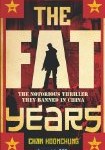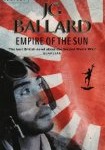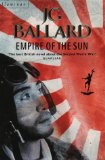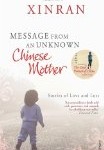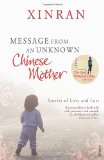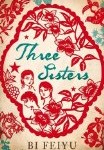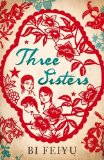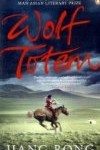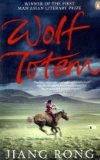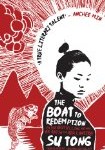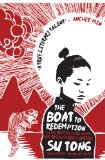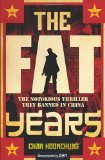 Translated from the Chinese by Michael S. Duke
Translated from the Chinese by Michael S. Duke
Five words from the blurb: China, truth, memory, cheerfulness, world
The Fat Years is billed as “the notorious thriller they banned in China”, but closer inspection reveals that the fictional elements of this story are minimal and I think it can be more accurately described as a controversial exposé of the political situation in China today.
The book is set in the near future and revolves around a small group of people who realise that a month has disappeared from official records and no-one can remember what happened. The general population is suspiciously cheerful, seemingly oblivious to the situation. The friends travel around the country in search of the truth behind the strange event, uncovering numerous situations previously hidden from the public.
Initially I struggled to follow the plot because there were a large number of characters and many cultural references that I was unfamiliar with, but I persevered and after about 70 pages I began to understand what was happening. The more I read, the more impressed I was. The Fat Years is thought -provoking, clever and frighteningly realistic. This book was written a few years ago, but several of Koonchung’s predictions have already come true and the line between fiction and reality is incredibly small. There were several sections that I found unbelievable, but a quick bit of Internet research revealed that the events described had in fact happened.
The Fat Years does a fantastic job of explaining China’s place in the Global economy and provides an insight into their thoughts on the rest of the world. I admit that some of the financial aspects of the book went over my head, but some of the policies for bringing China out of recession were bold enough to give me real food for thought.
Twenty-five per cent of the balance of every National Bank savings account was to be converted into vouchers for use in China only. One third of these to be spent within ninety days, and two thirds within six months.
The book also explained the population’s thoughts on the political situation of the country.
…..in a moderately well-off society, the people fear chaos more than they fear dictatorship.
The ending was particularly profound and I’m sure I’ll be thinking about it for a long time to come.
The Fat Years won’t be for everyone, but if you have an interest in Chinese ideology or the financial influence of China on the world then this as a must read.
Highly recommended.

.
